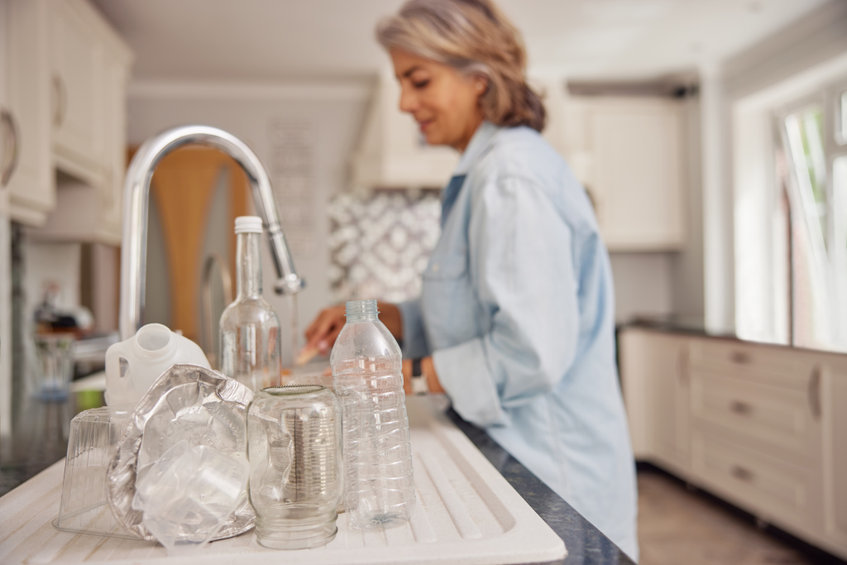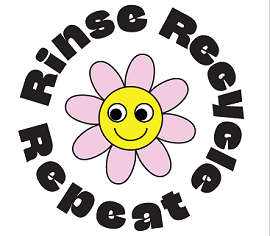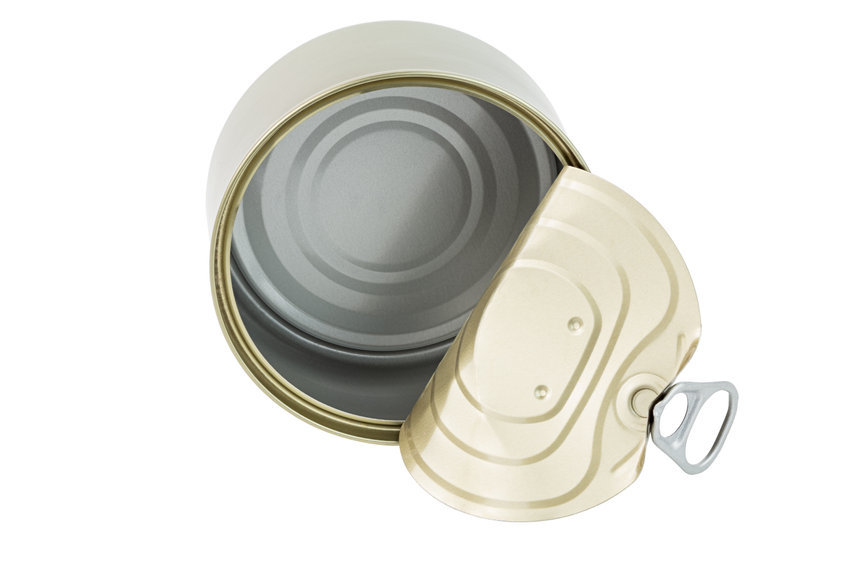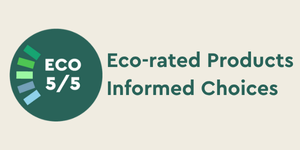How to recycle
Recycle right and we all win
WasteMINZ (Waste Management Institute of New Zealand) ran a competition: Rinse,Recycle,Repeat. The aim was to encourage New Zealanders to rinse their recycling before they put it out for kerbside collection. The competition was part of a wider WasteMINZ campaign to change behaviour when it comes to recycling practices so more recycling will be able to be processed and not sent to landfill. Wainui Beach School won with this entry https://www.youtube.com/watch?v=bw2AscdUkpI.
Cleaning those empties
And to the eternal question: do you have to clean empties for them to be recycled. The answers: yes.
Many, many of us try to do the right thing by recycling, but the truth is that merrily tossing an empty can or milk bottle into the requisite bin simply isn’t enough. If you’ve taken up recycling, you’re already helping to make the world a greener place, but contaminants can ruin certain recycling processes.
Every year New Zealanders create 17.49 million tonnes of waste, on average that’s 3.5 tonnes of waste for every single one of us across Aotearoa. But what’s worse, an estimated 25% of recyclable items end up being sent to landfill because they are contaminated or aren’t clean enough for the recycling process.
Landfills in New Zealand are currently filling up at an annual rate of 12.59 million tonne. That is apparently the same weight as all the materials required to build the Auckland sky tower 600 times…every year.
More unnecessary items going to landfill means an ever-increasing number and size of landfills and even more cost to all of us. On average it costs $212 per tonne or $1000 per truck to send non-recyclable items to landfill.
What to do about my recycling?
 Clean your recycling. But just how clean do recyclables need to be before being thrown in the recycling bin? What about sticky stuff like yogurt that clings to the sides of the pottle? Do you really have to rinse all the sour cream out of the container? Can I throw in a residue-coated peanut butter jar? Is it different for each type of recyclable?
Clean your recycling. But just how clean do recyclables need to be before being thrown in the recycling bin? What about sticky stuff like yogurt that clings to the sides of the pottle? Do you really have to rinse all the sour cream out of the container? Can I throw in a residue-coated peanut butter jar? Is it different for each type of recyclable?
You may well have pondered these questions as you hovered indecisively over your wheelie bin, so the team here at Insinc has come up with a few loose guidelines to help. Like WasteMINZ and the Ministry for the Environment, we really want to encourage people to give rinsing their recycling a go and to realise that it’s not actually that hard. All efforts will reduce waste going to our landfills.
Jars, bottles, and cans
As a general rule, for things like bottles and jars, a quick rinse is normally enough. You don’t need to scrub out each and every remaining drop in the mayonnaise jar with soap before recycling; a few wee spots probably won’t likely hinder the recycling process.
For most items, just fill the container with water and vigorously swish the water around inside. If the residue is sticky like jam or honey, you may need to use hot water and a scrubbing brush, spatula or spoon to remove most of the contents. A quick rinse can do the rest. Or you can put them through the dishwasher after peeling off the label. (Or picking up the label residue from the bottom of the dishwasher if you’ve forgotten.)
But remember, milk bottles need to be emptied, and rinsed; meat trays need to be rinsed and scraps of raw meat and blood removed; tin cans must be rinsed out; give those beer bottles a quick swish out, and items like shampoo and shower gel bottles, oil bottles, and spread containers should also be clean. At our place, we throw the likes of the yogurt, Olivio, cream cheese and hummus containers through the dishwasher. Even though they come out a pretty weird shape, they’re clean before we put them in the recycling.
#RinseRecycleRepeat
 The takeaway? Please take a moment to empty out bottles, cans and containers and give them a quick wash before throwing them in the recycling.
The takeaway? Please take a moment to empty out bottles, cans and containers and give them a quick wash before throwing them in the recycling.
At Insinc, we also have other ideas on how to make your workplace a greener place, and if you would like to discuss any of them, call us on 0508 467 462.
Posted: Tuesday 26 October 2021


